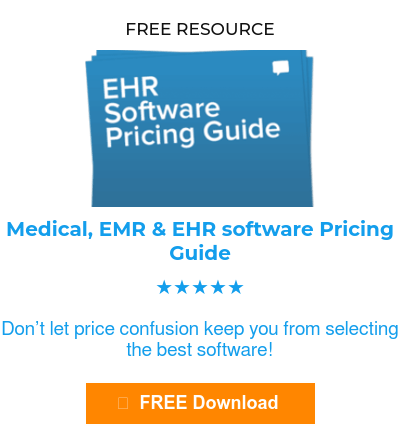While there are many benefits of electronic medical records (EMR) and electronic health records (EHR), there is a growing trend of EMR users replacing their systems. Almost 50% of practices that have already implemented EMR/EHR systems are unsatisfied with their initial EMR software choice, according to a 2013 Black Book Rankings report. Due to the high dissatisfaction rate and the increase in EMR replacement, the Black Book Rankings report has dubbed 2013 the “Year of EHR Replacement”.
EMR or EHR software users are dissatisfied with their initial software choice and are getting replacement EHR or EMR software for various reasons. The EHR system may not meet the needs of the practice or may not be designed for the practice’s particular specialty. EMR users are also dissatisfied because of difficult to use software and little or no help from the EMR software vendors. Additionally, the EHR software may not integrate or communicate well with other systems and medical equipment.
Should I consider finding an EHR replacement?
While switching EMR systems may be a daunting task, it may be necessary if your practice workflow is struggling because of the current EMR system. If your current EHR system issues cannot be solved or the system can’t be adjusted to fit your practice workflow, EHR replacement is probably the best option. Sticking with an unsuitable EHR or EMR system could greatly disrupt your workflow and place a financial burden on your practice.
A well-suited EHR should fit with your practice’s workflow and include all the necessary features for your specialty. It should also help increase your practice’s efficiency and generate financial return on investment.
4 Tips for successful EMR replacement
- Research your options: Starting your search for a replacement EMR system should be easier this time around since you’ll have a better idea of what your practice needs in an EMR. Start by listing out everything wrong with your current EHR system, so you know the most important changes you need in an EMR replacement. Take the time to fully research potential EHR candidates. Talk to the EMR vendor or other practices that have implemented that particular EMR to gain a complete understanding of the system. Most importantly, make sure all EHR replacements you are considering solves all concerns with your current EHR.
- EHR implementation: A long implementation process for your EHR replacement can negatively impact your practice by draining your finances and disrupting workflow. Plan your implementation process out fully and ensure the EHR software vendor can help you with your implementation goals and timeline. This will help smoothen the transition to a replacement EHR system.
- Data migration to replacement EHR system: Migrating data to the new EHR system is a major concern of EHR replacement. The use of continuity of care documents (CCD) helps with interoperability issues of transferring medical records. If your current EHR system and EHR replacement candidate can both generate a CCD, data migration from one system to another will be greatly simplified. Some vendors can help with data migration or you have the option to hire a third-party vendor for data extraction and migration. While it is a pain to transfer data to a new system, there are ways to simplify the process.
- EHR cost and return on investment: Consider all the costs of the EHR replacement before purchasing. This includes software, hardware, installation, and training costs, as well as maintenance and ASP fees. Ensure the EMR replacement system offers a good return on investment in terms of helping workflow and medical billing. Additionally, the EMR or EHR you select should be HIPAA compliant and meeting meaningful use requirements, allowing you to receive government incentive payments.
Successful EMR Replacement
Almost half of all current EHR users are dissatisfied with their initial EHR system and have replaced or are looking to replace it. While getting an EHR replacement may seem challenging, if your EHR is hindering the workflow of your practice it may be your best option. By researching your options and planning out the implementation process, you can greatly simplify the switch to an EMR replacement.

